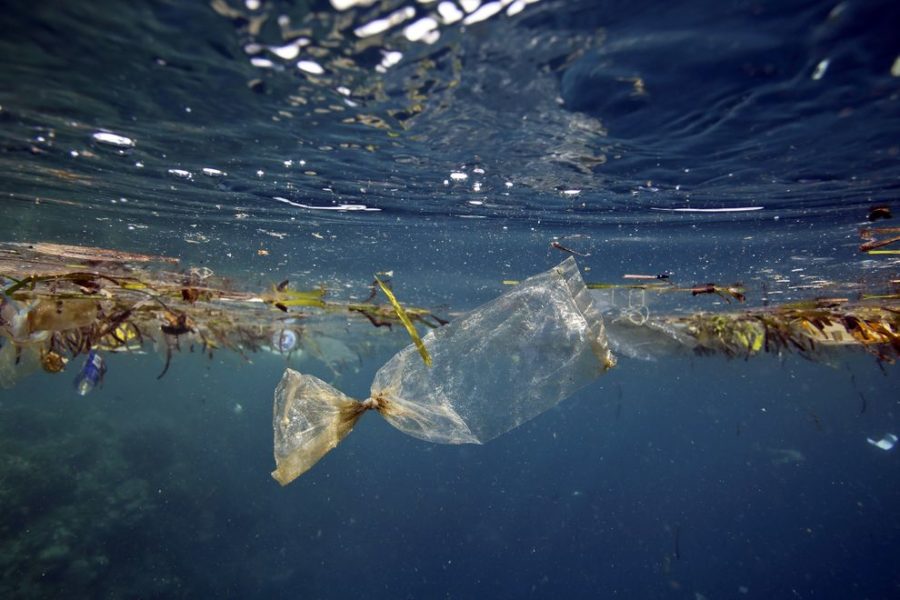The Plastic Plague
December 5, 2017
About 8 million tons of plastic enters the ocean every year, killing about 1 million sea creatures. All of this plastic has caused the Great Pacific garbage patch to pile up by the spiral currents of the North Pacific Gyre collecting a collection of plastic that is about the size of Russia. Scientist speculate that by 2050, there will be more plastic in the ocean than fish. The tragic thing about all of this plastic in the ocean is that it doesn’t biodegrade, but it photodegrades under sunlight causing it to break down into smaller pieces, which attract toxins and heavy metals.
This plastic plague is also affecting birds too, as when they try to eat the garbage, the bird’s stomachs become swollen causing them to die. People have been trying to burn plastic but when you burn plastic, a black smoke comes from it which has a deadly gas that causes cancer.
Plastic is a major problem in the world today. It’s sad to think about how we literally have a plastic island the size of Russia, how we kill 1 million fish a year with plastic, and how by 2050, there will be more plastic in the ocean than fish. Plastic is a lose-lose situation because it doesn’t biodegrade so it last for a very long time, but instead photodegrades under sunlight causing it to break down into smaller pieces, and if you try to burn it, the plastic releases a toxic gas that can cause cancer. We could all just recycle plastic, but it would be near impossible getting over 7 billion people to recycle, so I think countries should make a rule where we are only allowed to use plastic for only a few things.
In the article, “The plastic plague: Can our oceans be saved from environmental ruin?” written by Kieron Monks , it says that Germany has made strict recycling quotas which forces companies to use less plastic, and other European countries will be enforcing this system as well. Additionally, another way we can solve our plastic problem is by making some sort of a synthetic plastic that is biodegradable. If we did that, we would hardly ever need to use real plastic, but we would need to figure out something fast or else we will have a plastic living.


